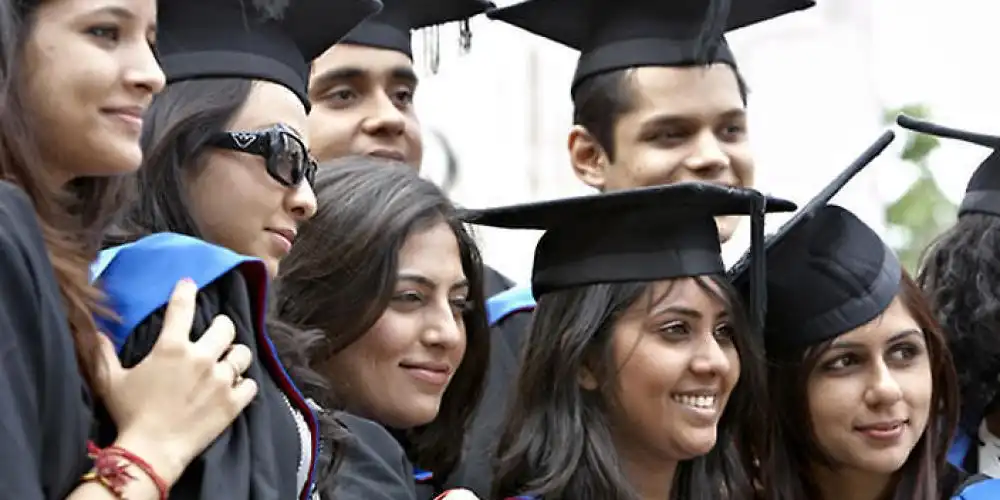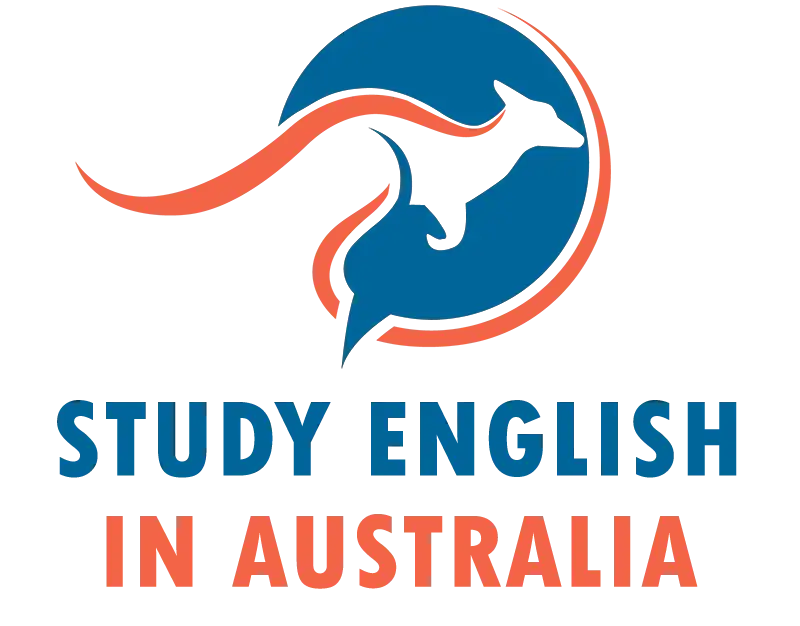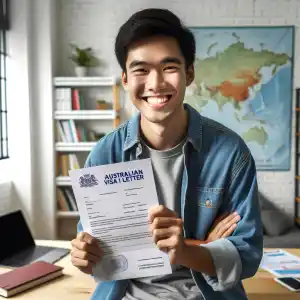$90m debts wiped for students deceived by unscrupulous private colleges

On Wednesday, June 27, the Joint Standing Committee on Migration will commence the first public hearing of this inquiry that looks into the efficacy of the current regulation of Australian migration agents.
The investigation includes the nature and prevalence of fraud, professional misconduct and other breaches by registered migration agents, the current review mechanisms for migration agents and the adequacy of penalties.
The inquiry committee is collecting evidence of the volumes and patterns of unregistered migration agents and education agents providing unlawful immigration services in Australia.
In the first session, the Department of Home Affairs is expected to be the only body allowed to participate as a witness.
In March, the Assistant Minister for Home Affairs, Alex Hawke, initiated a Parliamentary call to review the regulatory framework for international education. Mr Hawke asked the Committee to conduct an investigation into the effectiveness of the current regulation of Australian immigration agents.
Committee chair, Jason Wood, told SBS Spanish the investigation hopes to conclude with a series of recommendations to the government designed to combat unlicensed immigration agents.
"What we have found out there is a lot of concerns when it comes from mainly what we called unregistered immigration agents, taking advantage of Australians, and also foreigners, could be international students trying to come to the country,” Mr Wood said.
“We want to come out with a report to the government to make recommendations and hopefully change this and could be more powers, could be more regulation; that is the intention of the inquiry."
Mr. Wood didn’t rule out an increase of resources to protect international students from scams to strengthen international education - a sector that in 2017 injected AUD $32.3 billion to the Australian economy, according to the Department of Education and Training.
“It may be a recommendation that we need to put more resources in. But at the start of the issue, it is difficult to tell what the recommendations are because we do not know what our experts are going to be asking us to do with the witnesses.”
For the last four months, the Committee has been collecting background information and receiving submissions from both public and private entities.
So far 34 organisations, including the Commonwealth Ombudsman, the Education and Training Department of Australia and the Australian Skills Quality Authority (ASQA), have lodged their submissions.
This Committee is also collecting relevant stakeholders’ views through two online questionnaires, targeting students, immigration agents and education agents.
Maria Vamvakinou, Labor MP and vice-president of the Federal Joint Standing Committee on Migration says they are looking to identify any deficiency that could compromise the system and they are particularly interested in the role of education agents.
"At this stage we are still receiving presentations and the Joint Standing Committee on Migration will begin its public hearings in Sydney and Melbourne in mid-July,” Ms Vamvakinou said.
“The hearings are open to the public and I would recommend any member of your community to attend, if they wish.”
The inquiry begins two weeks after the Ombudsman of International students published a report that describes the investigation of fraud of the agency ‘Tu Futuro’ which allegedly scammed hundreds of Latin American students for more than AUD 500,000. SBS Spanish and SBS Portuguese have been reporting on this story since January 2017.
The crucial role of the education agents
The market of international education in Australia has been regulated since the year 2000, when the Federal Government created specific norms and regulations to guarantee minimum standards for international students. The main actors are the education providers, the migrant agents and the education agents.
Education agents play an important role in the recruitment of international students. In 2017 education agents were responsible for 73.6% of the enrolments of the more than 624,000 foreign students who came to Australia to study.
However, they are not legally responsible under Australian regulations, as detailed by the Australian Department of Education and Training in their submission to the inquiry starting this week.
The state's oversight responsibility over the education agents is outsourced to the Australian private schools providing the courses. According to the 2018 National Code of Practice for Providers of Education and Training to Overseas Students 2018, it is the role of the "Australian registered providers to ensure that their education agents act ethically, honestly and in the best interest of overseas students and uphold the reputation of Australia’s international education sector."
The 2018 National Code of Practice for Providers of Education and Training to Overseas Students is one of the three regulators for educational services that are overseen by the Tertiary Education Quality and Standards Agency (TEQSA). The other two legal frameworks that regulate the industry are the Education Services for International Students Act (ESOS 2000) and the Higher Education Standards Framework (2015).
Last month TEQSA’s executive director Anthony McClaran told SBS Spanish "TEQSA regulates universities and schools providing higher education and it is the responsibility of the provider to ensure the agents they work with here in Australia and overseas act in an ethical and honest manner, and in the best interest of international students.”
When complaints are not collective, instead of contacting TEQSA, students can submit them to the Commonwealth Ombudsman who can help potential, current and former students of private schools and universities based in Australia. International students also have a specific Ombudsman: the Ombudsman for Overseas Students.
The Ombudsman can help, for example, in the cases of complaints about an administrative tariff or a reimbursement that was not agreed in the written contract signed by the international student or potential student.
Notwithstanding, in May the Ombudsman's office told SBS that they are only authorised to investigate complaints of student agents who have an agreement to act on behalf of an Australian school. "We do not have jurisdiction to investigate educational agents that do not have an agreement to represent a private educational provider."
The issues with education agents are not new. Since commencement in 2011, the Office of the Ombudsman has seen issues arise in complaints involving education agents. Some of the reported issues are: providing false or misleading advice about a course or provider, enrolling a student with one provider while telling the student they had been enrolled with a different provider; accepting tuition fees before the student signed the written agreement; failed to pass on tuition fees to the provider and even failing to give the student a copy of the written agreement, including the refund policy.
If international students have any issues with agents that do not have a formal agreement to represent Australian educational providers, the students should contact their local authorities and present a complaint against the agent. When the student is in Australia, they should contact the Australian consumer affairs agency of the state or territory where the agent operates.
In all cases, potential students can access the list of local student (education) agents in each country here. Only Colombia has 38 local agents listed in the Australian government website.
Listing overseas education agents in the official website of the Australian government might be confusing for potential international students. It can mislead them to believe the agents listed in the official site are legally responsible under Australian regulations, while they are not.
The Joint Standing Committee on Migration will also hold public hearings in Sydney and Melbourne but is yet to set any dates.











